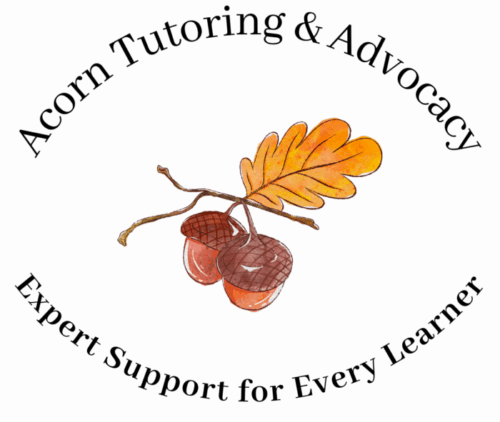“I don’t like reading.”
“I’m just not a reader.”
“Books are boring.”
“Ugh, I hate reading!”
I can’t tell you how many times I’ve heard a student, friend, or relative say they despise reading. And every time, I feel so sad. Because the truth is, they don’t hate reading at all. What they’re really saying is, “Reading is hard for me, so I don’t like it.”
And why would you like something that’s hard? We all know the benefit of growth mindset and the importance of understanding that challenges are opportunities to grow. But when it’s something optional, do we want to force ourselves to do something that causes us frustration?
In the case of reading, yes! Because the benefits are immense. Frequent reading improves academic skills like vocabulary, comprehension, writing, grammar, and spelling. It also impacts social emotional skills, enhancing our abilities to empathize and understand others’ perspectives and cultures. Reading can bring you deep into foreign experiences and enrich your worldview.
Readers connect deeply with characters, and they are able to use characters’ experiences to help navigate life’s challenges. Memoirs can be particularly useful for building social-emotional skills, but fiction is helpful as well. For example, a child attending a new school might find comfort in reading about Harry’s efforts to adjust to life at Hogwarts.
So how do we help struggling readers? There are so many degrees of support available, and we’re so lucky to have access to technology that can help as well.
Some readers just need practice. These children should read every night, focusing on subjects they enjoy. There should be no pressure for them to read specific texts outside of their school work. It should be all about engagement and enthusiasm.
For readers who have difficulty with decoding (breaking down words into sounds and then piecing them together to make words) or fluency (reading words correctly and at an appropriate rate), there are a number of programs and strategies that can help. Wilson, Orton-Gillingham, and Fundations are some of the many options.
For these readers, I’d also recommend the use of audiobooks or read-alouds. They should always follow along in their own copy of the text as they listen. Learning Ally, a program I used in the past, was very helpful because each line of the text became highlighted as it was read aloud, making it easy for students to follow along.
Some readers have difficulty with comprehension, and there are an infinite number of strategies that can help. My personal favorite is using think-alouds because then students explicitly learn how to stop and think about what they’re reading. While traditionally, students are supposed to listen during think-alouds, I always had mine jump into the discussion because not only did they have amazing ideas, they were also more engaged when they were encouraged to share.
Highlighting main ideas, making annotations, and flipping back through the text to back up answers are a few other easy strategies to use at home. Whenever students answer comprehension questions, asking them to back up their ideas with specific evidence from the text is a great way to help them form good habits and check their work.
So if your child is telling you they hate reading, chances are, they’re frustrated. Try some of these strategies and see if you can recognize where their challenges lie. Or reach out to me, because with a little extra help, you could see some immense gains.
My hope is that I can help children learn to love and take pride in reading. And with the proper support, I really believe that this is possible for everyone.
Happy reading!

